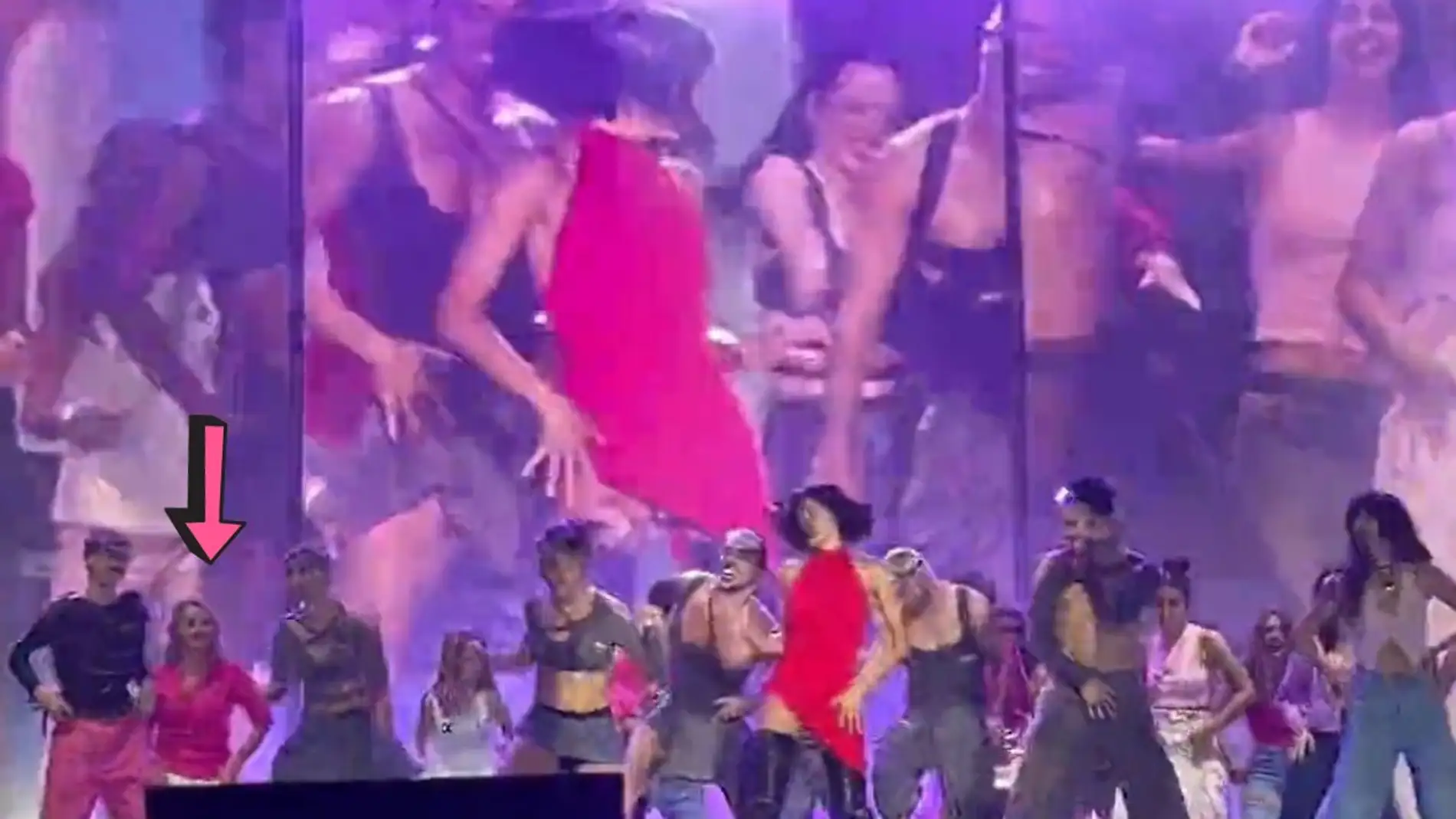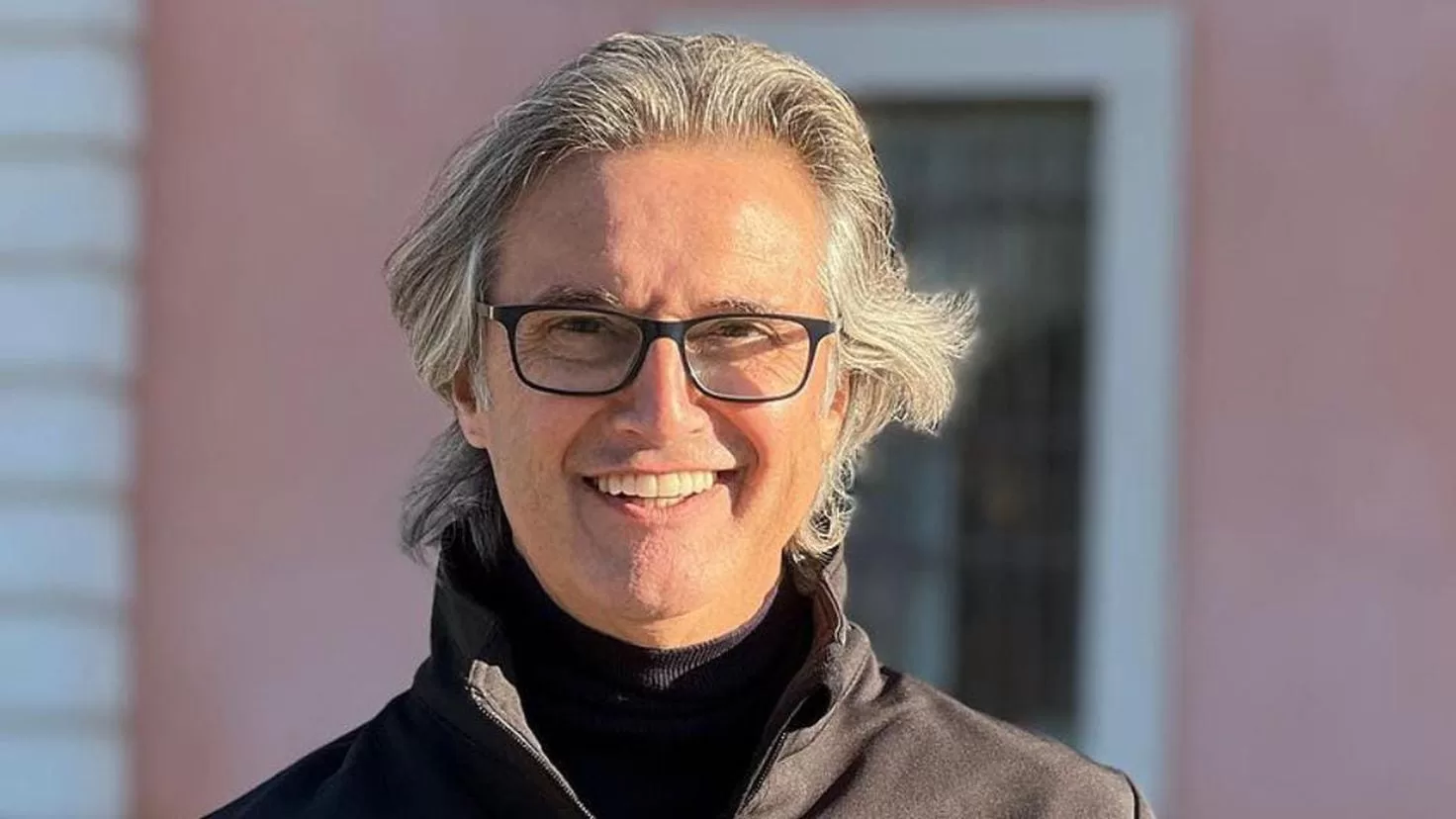ANDIn statements to the Lusa agency, Peu Madureira stressed that this wait to edit his first album was not due to external factors, but rather “because of a maturation” that he wanted to “suffer”.
“The wait took me a long time to mature my choices. There were things that appeared, and I did a great deal of research on Portuguese poets, to see what had been sung, what I could sing, to see which poems said something to me, then (producer) Diogo Clemente suggested other lyrics and I built the CD”, he said.
“I participated in the 2018 Festival RTP da Canção, and right after that I had a great desire to record, but I wanted to mature before recording an album”, he said.
With a degree in History from Universidade Nova de Lisboa, Peu Madureira, 36, works in the antiques business and does not present himself as a professional fado singer.
Regarding his interest in fado, he mentioned Luís Camões, and declared himself “amateur of loved things”. For the interpreter, being a professional “takes away that magic from fado”.
“I am an amateur of fado, I have been singing for many years, because I like to sing. The first time I sang on a television program was in 2006. I have a professional life, I am connected to the world of antiques, which I love. I am an amateur, above all because when we do something we love very much, it’s because we love that thing very much and professionalizing it sometimes takes away the magic of fado”, he said.
The son of a history teacher, Peu Madureira said that for him “the past has always been of immense importance”, thus justifying the word “saudade” in so many of the fados he recorded, namely the theme with which the album opens, an unpublished song by Alberto Janes , entitled “Quadras Soltas”, which he recorded in the traditional fado Alfacinha, by Jaime Santos.
Alberto Janes (1909-1971) is the author of fados created by Amália Rodrigues, such as “Foi Deus”, “As rosas do meu camino” and “Fadista Louco”, among others. This unreleased piece ended up in the hands of Peu Madureira through the album’s producer, the musician Diogo Clemente, to whom Janes’ relatives delivered the original.
The musician said he did research on Portuguese music from the last three decades of the last century.
The disc includes poems by Tiago Torres da Silva, Ricardo Anastácio, Manuel Alegre, Daniel Filipe, Diogo Clemente or Daniel Faria, whose work recorded “O que Dói”, based on the poem “Ítaca”, set to music by Júlio Resende.
Regarding the choice of the poem by Daniel Faria (1971-1999), the fado singer stated that it was due to his religious life: “I am a person of faith, and when I met Daniel Faria it was an encounter with a sublime poet, it seemed that words what had been my search for so long”.
Ricardo Anastácio is the author, lyrics and music, of two themes of the album, “Zé Carteiro” and “Maria, Minha Maria”, themes that “seem to have an old melody, tell a story of the past, of a Lisbon that is not of today”. “This is who I am, I identify perfectly with these poems and these melodies”, he said.
Another author chosen is Luís Roquette, whose theme “Esta Alegria” closes the disc. Roquette, whom the fado singer described as “a virtuoso” is a partner of Peu Madureira, with whom he plays in various religious ceremonies.
The album features the participation of musicians Júlio Resende (piano), Diogo Clemente (viola), Ângelo Freire (Portuguese guitar), Marino de Freitas (bass guitar), Ana Pereira and Romeu Tristão (violins), Joana Cipriano (viola d’ bow) and Marco Pereira (cello), an “exception” accompaniment, chosen by Diogo Clemente.
“Espera” hits digital platforms next Tuesday and Friday in physical format.
Also Read: Director Tiago Rodrigues and Mariza at the Edinburgh International Festival







